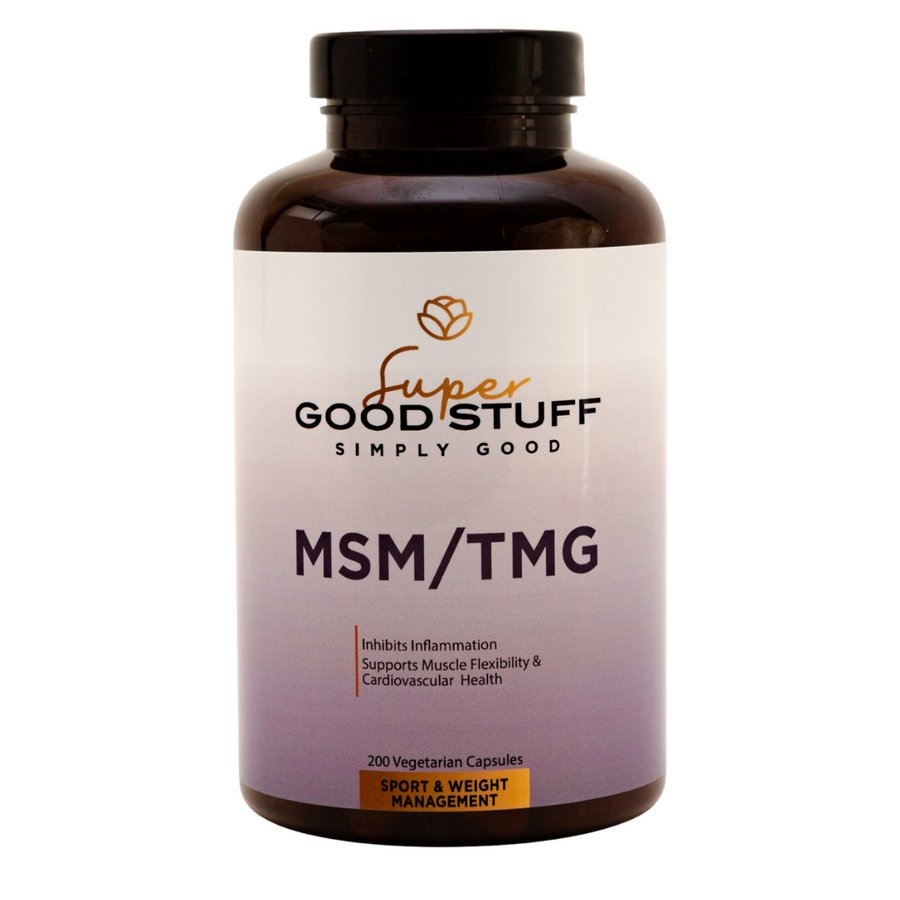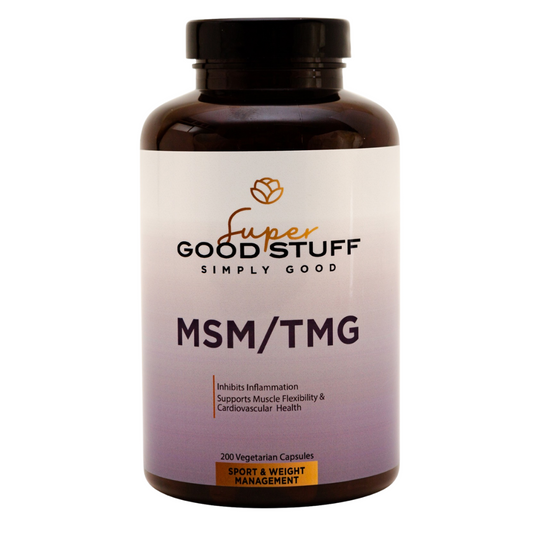What Supplements Help Adrenal Fatigue?

Adrenal fatigue is a condition that many hear about but don’t fully understand. While considered a legitimate health condition in many forms of eastern medicine, it has less recognition among practitioners of western medical disciplines. While this is slowly changing, the fact is that it can often seem confusing.
One approach that has widespread support among those who recognize adrenal fatigue is the use of nutritional supplements to balance the body and correct the function of the adrenal glands. If you suspect that adrenal fatigue is why you feel so bad, finding a medical professional who can help you address the problem is the first step. The second is to make lifestyle changes that include the use of the best supplements for adrenal fatigue that are known today.
Understanding What’s Meant by Adrenal Fatigue
Adrenal fatigue is defined as a condition in which the adrenal glands no longer produce a normal amount of cortisol. Since cortisol is essential in helping the body and mind cope with stress, the patient finds that getting through the day is increasingly difficult. It’s not just the physical hardship created by this condition; it’s also about the mental fog that makes completing the most routine tasks almost impossible.
Is Adrenal Fatigue the Same as Adrenal Insufficiency?
While not all practitioners of western medicine accept adrenal fatigue as a legitimate health issue, adrenal insufficiency is another matter. Adrenal insufficiency is defined as a condition in which the adrenal glands are not capable of producing hormones in adequate amounts. This may have to do with damage to the adrenal glands properly, or it can have to do with damage to the pituitary gland that triggers the production of cortisol in the adrenal glands.
When adrenal insufficiency is identified using a series of blood tests, medications are typically used as part of a plan for hormone replacement therapy. This essentially allows the medications to supply what the body no longer produces. While effective, this means the patient is likely to remain on the replacement therapy permanently.
Signs of Adrenal Fatigue
The signs and symptoms of adrenal fatigue manifest physically, mentally, and emotionally. The patient may feel run down and unable to find the stamina to manage tasks at work and home. Efforts to get rest do little to help since the patient still feels tired after sleeping or spending some time taking it easy. Some patients report that they also feel some degree of weakness in the muscles that seem to never go away.
Other physical symptoms may manifest. Patients may experience increased cravings for salty or sweet food. The stomach may seem to be in knots most of the time, or there may be indigestion no matter what type of food is consumed. Some even report feeling a slight aching in their bones.
Mentally, the patient may find it more difficult to focus on anything for long. Participating in conversations becomes confusing since it’s harder to follow what others are saying. It’s possible to lose a train of thought when attempting to read instructions or convey them to others.
Emotionally, the patient may feel depressed, nervous, or anxious much of the time. Some report that they have more frequent bouts of irritability that leave them feeling more physically exhausted than ever.
Since all these symptoms can be indicative of other medical conditions, medical professionals will often run tests to determine if they might be the underlying cause. When those tests indicate those other conditions are not present, the professional may begin to consider the condition of the adrenal glands.
Who is at Risk of Developing Adrenal Fatigue?
While anyone can develop adrenal fatigue, those who find themselves dealing with ongoing and significant stress are the most vulnerable. This can include people working in certain professions, particular work cultures, or who are undergoing significant life changes.
For example, a nurse or an EMT could experience this type of condition. Along with the stress, it’s not unusual for these professionals to work long hours. They may also work schedules that constantly shift in terms of whether they work days or nights.
Students who juggle course work with holding down jobs may find themselves struggling with this condition. The same is true for someone who works long hours in an environment where stress is constant and the general culture is less than supportive. People who have gone through some type of emotional blow may find that the aftermath of the event leaves them feeling tired, stressed, and unable to cope.
How is Adrenal Fatigue Diagnosed?
Unlike adrenal insufficiency, there are no tests to determine if adrenal fatigue is present. Much like Chronic Fatigue Syndrome, the process involves eliminating other possible causes for the symptoms. Since many doctors don’t recognize adrenal fatigue as a real illness, it can remain undiagnosed for some time.
If you’re fortunate to come across a doctor who does hold that adrenal fatigue is real, do expect to undergo blood tests. There will also be other tests that measure the amounts of hormones and various nutrients in the body. If any of them are low, including being on the lower end of the normal range, that may indicate that something has depressed the function of the adrenal glands.
Can Adrenal Fatigue Be Reversed or Managed?
While adrenal insufficiency is generally thought to be a permanent condition that can rarely be reversed, the opinion about adrenal fatigue is different. Lifestyle changes regarding diet and exercise are thought to help. Nutritional supplements can also help heal the fatigued glands and lead to the adrenal support needed to restore function. A medical professional will outline a plan that helps to reduce stress, promotes the health of the body and the mind, and works toward correcting the problem.
The Importance of Using Nutrition to Correct Adrenal Fatigue
Nutrition plays a key role when it comes to overcoming adrenal fatigue. One of the primary approaches is to adopt what’s known as an adrenal fatigue diet. Much of the effort is aimed at minimizing or eliminating processed foods from the diet. That means relying more on fresh fruits and vegetables and less on processed sugar, bread, and grains.
Instead, you’ll want to go with lean meats and fish that’s broiled or baked rather than fried. Eggs as well as many legumes also provide the protein your body needs. Nuts and whole rather than processed grains are a good idea.
How Can I Treat Adrenal Fatigue Naturally?
Along with your diet, choosing to include adrenal fatigue supplements in your daily planning is a smart move. They don’t replace the need to improve the diet; what they will do is ensure your body is getting enough of the nutrients needed to replenish the body and promote the proper function of the adrenal glands. Taking the supplements with insufficient dosages will begin to gently alleviate the symptoms and help you to feel more like yourself again.
Is It Safe to Take Adrenal Support Supplements?
The use of adrenal support supplements, like any type of nutritional supplement, should be done under the care of a medical professional. As with prescription medications, the correct dosage is the key. Not enough will mean that you don’t get any real benefits. Just enough will mean that you begin to see improvement in less time.
Supplements That Can Help Reverse Adrenal Fatigue
If you’re about to embark on a plan for adrenal fatigue treatment, there’s a good chance that some combination of the following will be what your body needs. Keep in mind that some of this helps to alleviate symptoms and reduce stress on the body and mind in general. Others, help to directly heal the adrenal glands:
Vitamin C – Vitamin C does many good things for the body, including the promotion of energy production. It also helps boost the function of the immune system. See this as one of the resources that will help ease the fatigue that you’re feeling.
Zinc – Every tissue of the body uses zinc. It aids in the efficient division and production of cells and promotes higher energy levels. Zinc is also considered one of the most effective stress minerals. That will help with the anxiety and irritability that you’re currently experiencing.
Licorice Root – this herb is also helpful when it comes to combating stress. It aids by helping to avoid the breakdown of cortisol in the body, so you enjoy more benefits from what is produced. It’s also great for immune support and helping to restore some degree of emotional balance. It’s also helpful for promoting proper liver function, which in turn aids in energy production.
Vitamin B5 - also known as pantothenic acid, can help calm the body during times of stress. Since lots of stress leads to excessive amounts of cortisol production and the ultimate depletion of the adrenal glands’ ability to produce the hormone, see this as one way to regulate the effects of stress. That in turn helps the adrenal glands to recover and begin to function normally again.
Ashwagandha – known as an adaptogen, ashwagandha has a long history of use in many eastern medicine traditions. It supports muscle strength, clarity of the mind, and a balance of emotions. It’s also effective in helping to regulate the production of cortisol, which in turn eases the strain on the adrenal glands.
Other supplements may be recommended. Maca root, Golden root, and Siberian ginseng are prime examples. By working with a professional who is familiar with herbal products and how they interact, you can settle on what will work best in your case.
Remember that adrenal fatigue is nothing to take lightly. Seek out support from a professional who is capable of eliminating other causes for what you’re experiencing and determine if this condition is the problem. Once that’s done, developing a regimen of diet, exercise, and supplementation that will help you feel better again will be possible.







